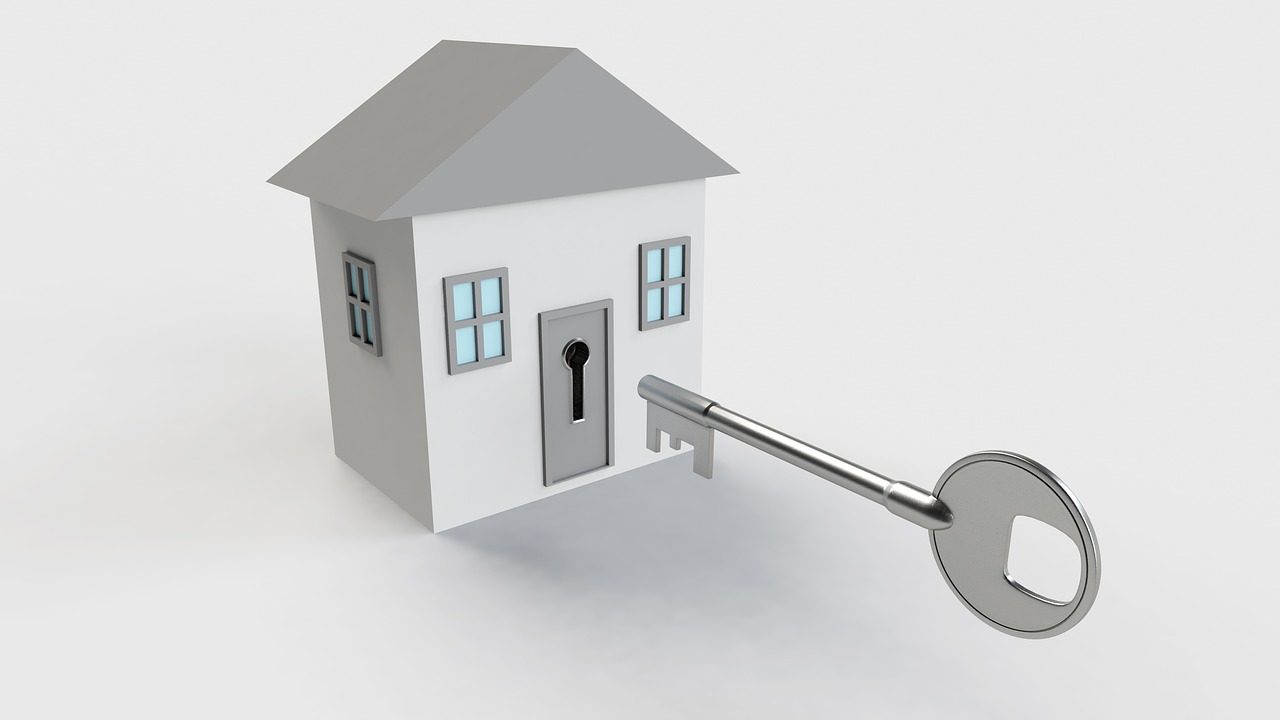What To Do If You Sell Your House For More Than The Appraisal
In today’s competitive house market, it’s not unusual for people to sell their homes for more than they expect. Two or more groups of buyers might bid for your home in consecutive rounds, each trying to price the other out of the market. But is getting a higher price for your home always a good thing?
The problem comes when the selling price of the home exceeds the value ascribed to the property as a result of the bank’s appraisal. The bank wants to know how much the house is worth so that it knows how much collateral it has when issuing the mortgage. But if the selling price exceeds the appraised value, then the buyer will have to borrow more than the collateral, potentially putting the bank in a risky situation.
If you get hit with a low appraisal, it can be a real blow, especially if you thought that you’d get substantially more than your asking price. But a low appraisal isn’t necessarily the end of the story: there are still ways to make sure that you sell your house and get the money you deserve.
Get The Buyer To Make Up The Difference
All the bank care about when making a loan, whether it’s a mortgage loan or any other, is whether it can make any money from it. The bank wants to know that it is protected from the money it could potentially lose between the value of the loan and the value of the house itself. The best way around this problem is to insist that the seller makes up the difference up front, in cash. This means that the bank only lends out in line with the collateral value of the house and that you, the seller, get a big chunk of cash as a way for the buyer to secure the house for themselves and prevent it from going back on the market. The alternative is to increase the down payment with the lender.
Reduce The Price
Reducing the price of your home is one way around a low-value appraisal. If you lower the selling price, you’ll immediately ensure the sale, but you could lose money in the process. Reducing the price of your home, therefore, should be a last resort.
Put The Home Back Up For Sale Again
Often the buyer will refuse to put down any more additional money, and the bank will refuse to increase the size of the loan. In those situations, it may be necessary to put the house back on the market on a site like Wren Realty listings, and hope for a better buyer-lender combo.
There’s a good chance that if your house was already highly valued by individuals in the market that other lenders will also begin to rate it higher as well. Sometimes, it can take time for banks to update their appraisal models in line with market movements. Buyers themselves may value your home more than some lenders, which could explain the low appraisal.
When you put your house back on the market several months later, there’s a chance that the price will be bid up again, thanks to multiple bidders. There’s also a good chance that you might be made a cash offer by a keen investor looking to buy property in booming markets. Thus, although it might be disappointing for all involved, putting your home back on the market could actually be a good thing.
Get The Lender To Reappraise Your Home
Though it might be a bit of a tall order, some homeowners have been successful in getting lenders to reappraise their homes and increase their value. How? There are two methods. The first is to go directly to the lender and explain the situation. Since only the lender can demand a reappraisal, convincing them that one is necessary is essential. If the lender believes you, they can then go to the appraisal company and get them to reassess the value of your house.
The second option is to get the buyer to request a reappraisal. Clearly, since the loan depends on the appraisal value, the buyer has an incentive to apply for a second opinion. So anything you can do to incentivize the buyer to get the bank to do a second appraisal benefits both them and you.
How can you support the buyer? Simple. Most savvy sellers in this situation find ways to augment the buyer’s case that the property is worth more than the appraiser believes. As a seller, you can provide buyers with independent appraisals showing that the value of your home is in line with the previously agreed upon selling price. The other things that you can do is offer to split the costs of an independent appraisal with the buyer, so long as the mortgage provider agrees.
Sometimes it can be productive to go down this route, but both buyers and sellers need to remember that they have a far greater vested interest in the transaction than the lender themselves. Although the lender will receive interest payments on the loan in the transaction, lenders also deal with thousands of such transactions every day. Thus, the energy that they put into any given lending agreement is likely to be far lower than it is for the individuals involved in the transaction because the relative value is so much lower.
Compromise With The Lender And Buyer
It is in everybody’s interest for the transaction to go ahead, but sometimes the buyer either won’t or can’t put extra cash in the down payment on the mortgage. Thus, if you want to avoid the reappraisal process (which could last months and not lead anywhere), you could go halves on the difference between the appraisal value and the selling price. Thus, if there’s a $20,000 difference between the appraisal cost and the agreed selling price, then you could lower the price by $10,000 and ask the buyer to put $10,000 more towards their deposit. Offers like these are often successful.





